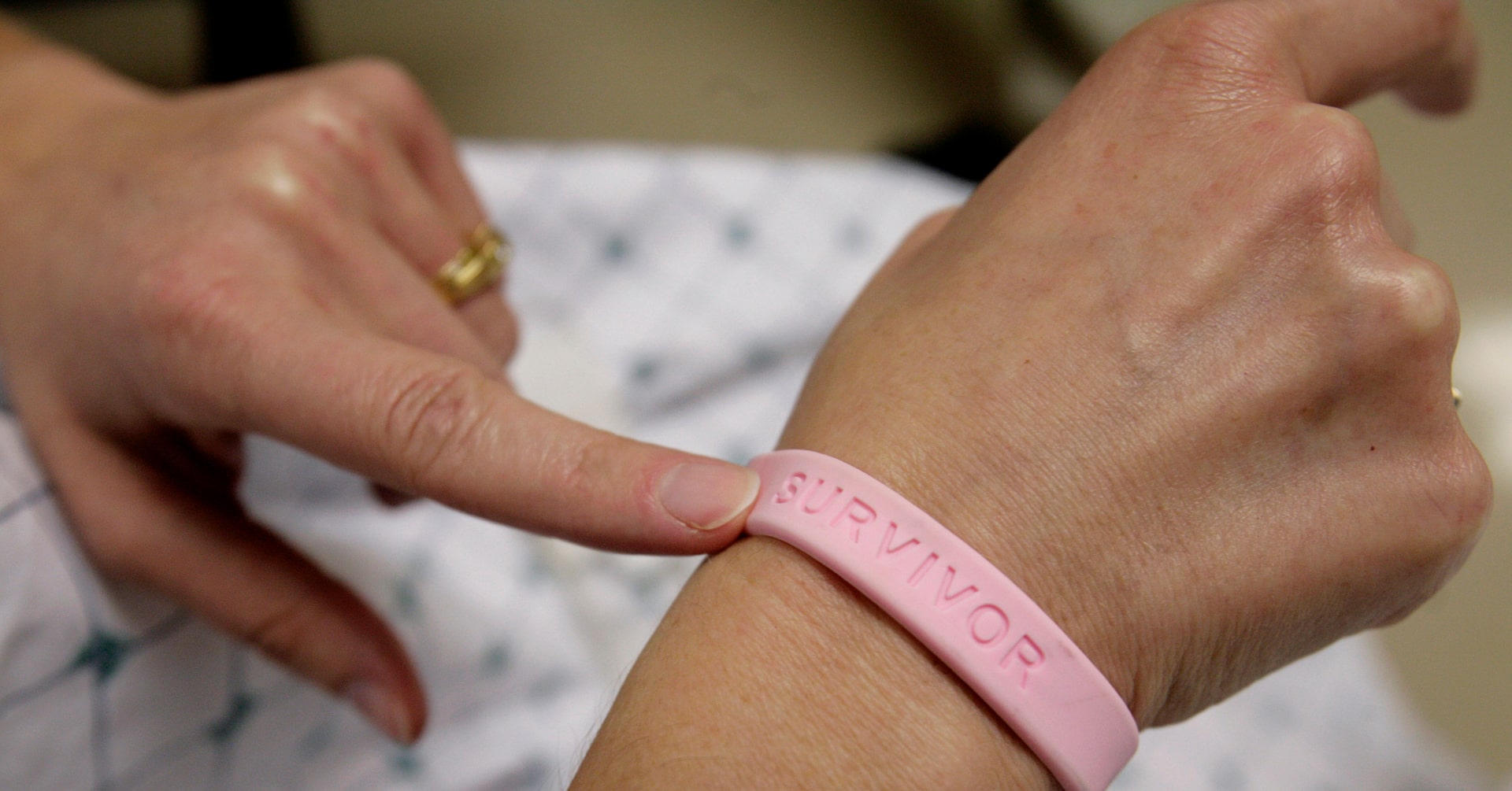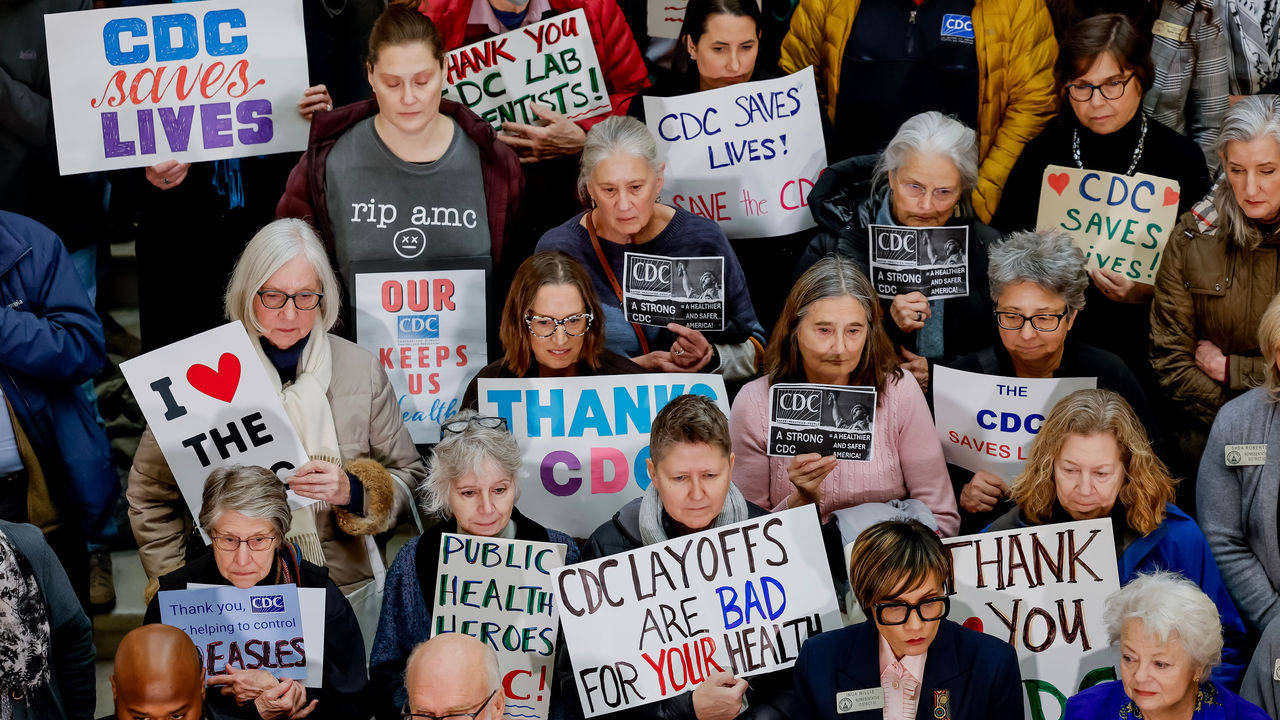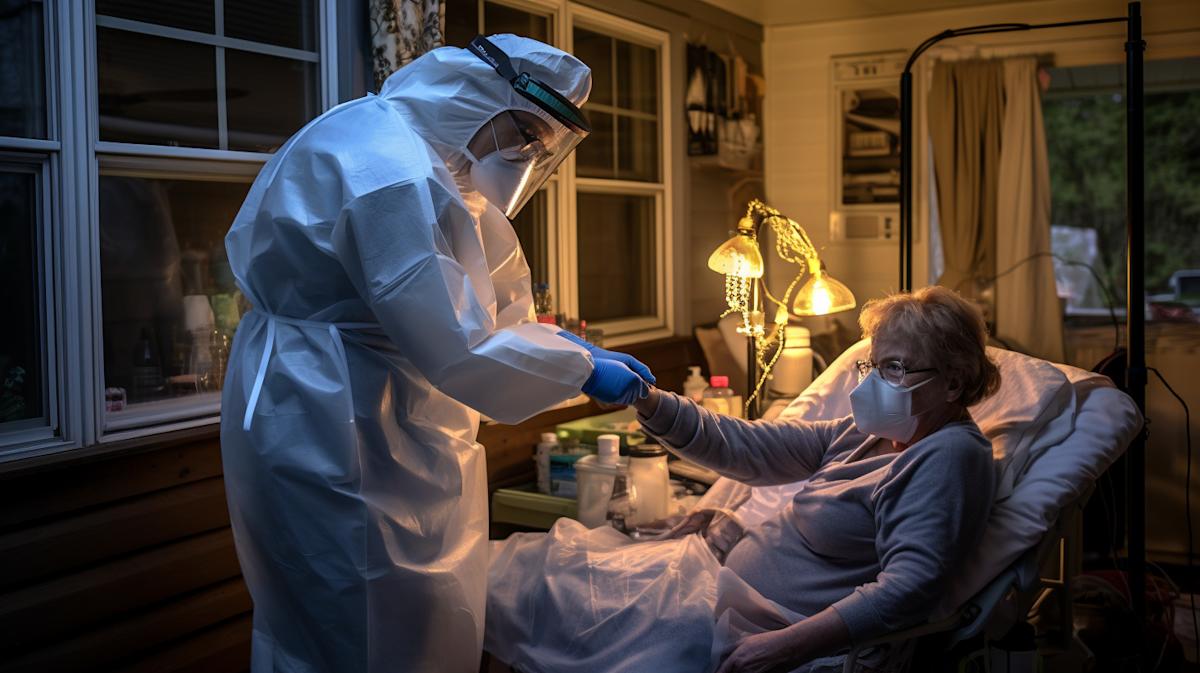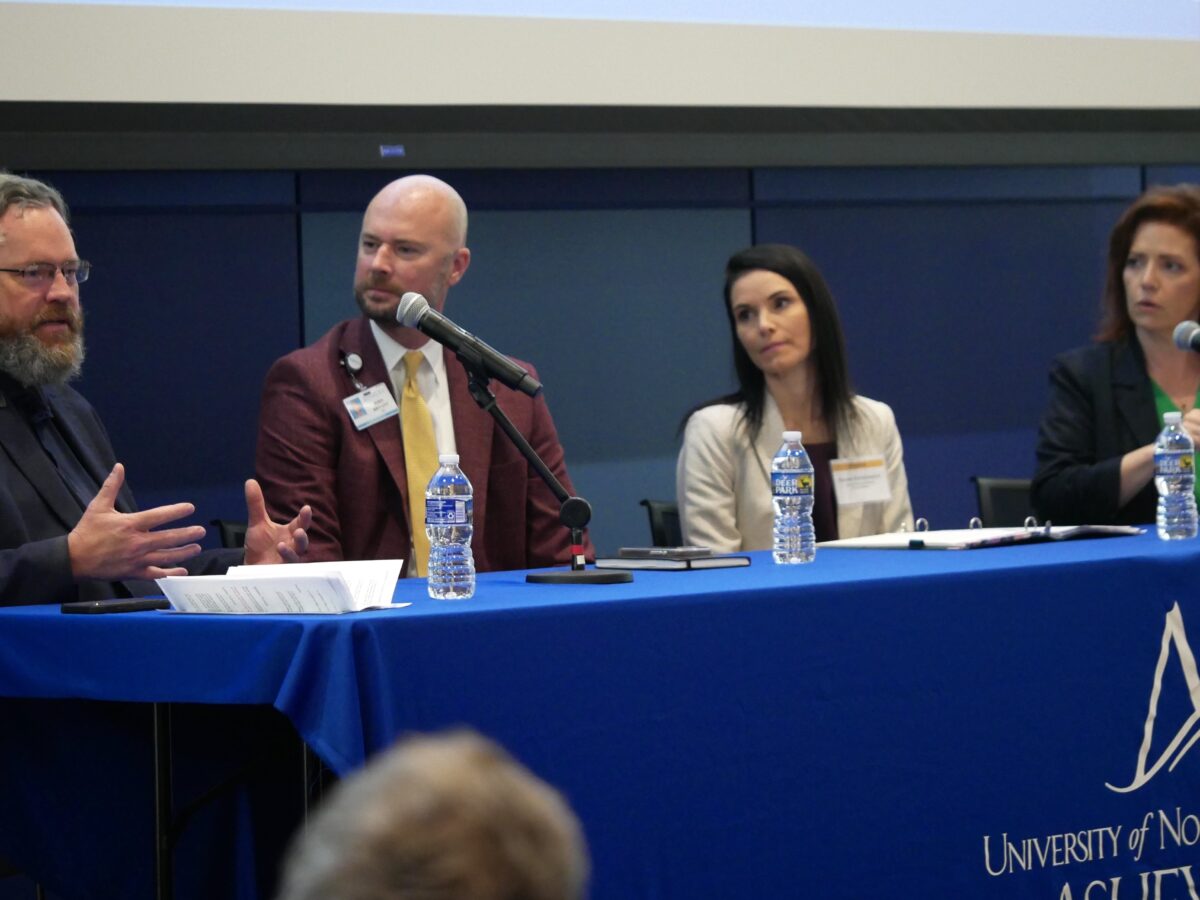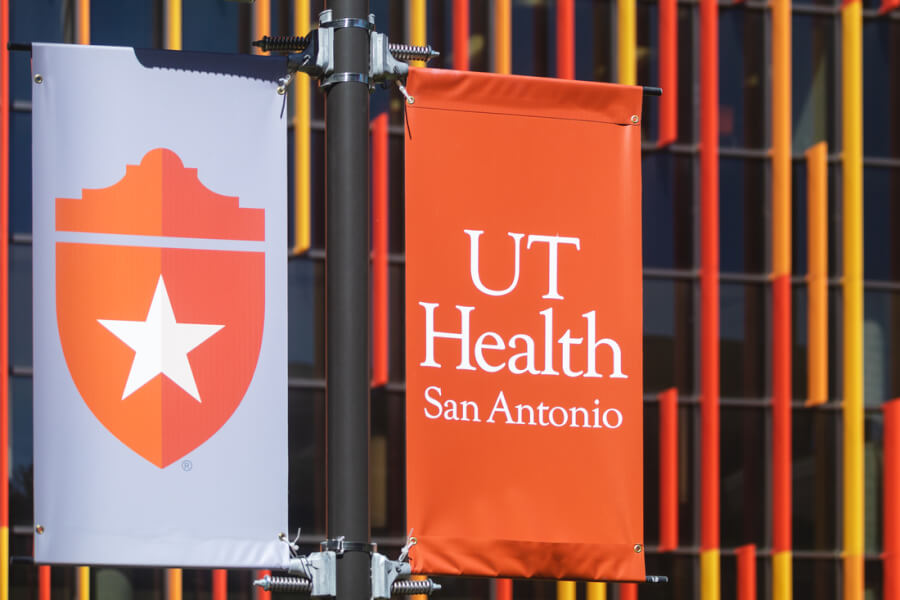Vaccine Debate Decoded: Inside RFK Jr.'s Health Claims — The Expert Verdict
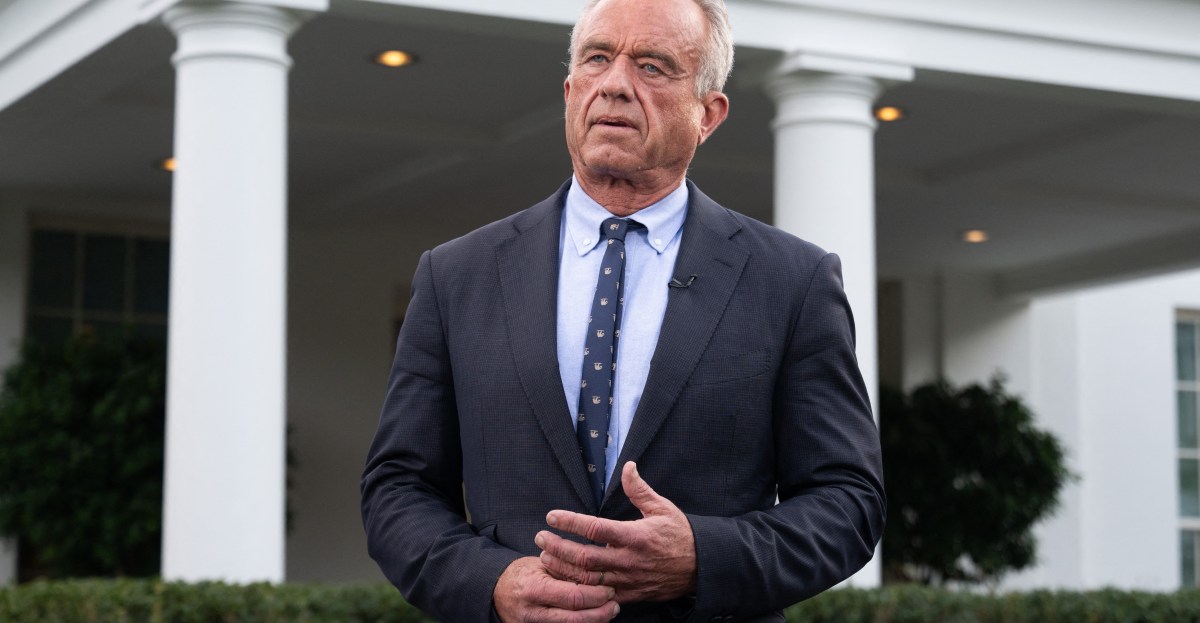
In the complex landscape of public health and political discourse, Dr. Zeke Emanuel offers a critical perspective on the growing skepticism surrounding medical institutions. Robert F. Kennedy Jr.'s rise as a prominent anti-vaccine advocate highlights a deeper crisis of trust that has been brewing in American society.
Emanuel, a renowned physician and health policy expert, argues that the erosion of confidence in public health institutions stems from a perfect storm of factors. The COVID-19 pandemic exposed vulnerabilities in communication, scientific transparency, and institutional credibility. Kennedy's ability to gain traction with vaccine-skeptical narratives reveals the profound disconnect between scientific expertise and public perception.
The challenge goes beyond individual misinformation campaigns. It reflects a broader societal trend of diminishing faith in traditional authoritative sources. When respected institutions fail to communicate clearly or appear inconsistent, they inadvertently create space for alternative narratives to flourish.
Kennedy's popularity among vaccine skeptics is particularly troubling. Despite lacking scientific credentials, he has managed to amplify doubts about vaccination, leveraging social media and political platforms to spread controversial claims. This phenomenon underscores the urgent need for more effective public health communication strategies.
Emanuel suggests that rebuilding trust requires more than just presenting scientific facts. Institutions must become more transparent, acknowledge uncertainties, and engage with public concerns empathetically. The goal is not to dismiss skepticism but to create meaningful dialogue that bridges the gap between scientific understanding and public perception.
As the landscape of information continues to evolve, the battle for public trust remains a critical challenge for healthcare professionals and policymakers. The rise of figures like Kennedy serves as a stark reminder that credibility cannot be assumed—it must be continuously earned through open, honest, and responsive communication.

